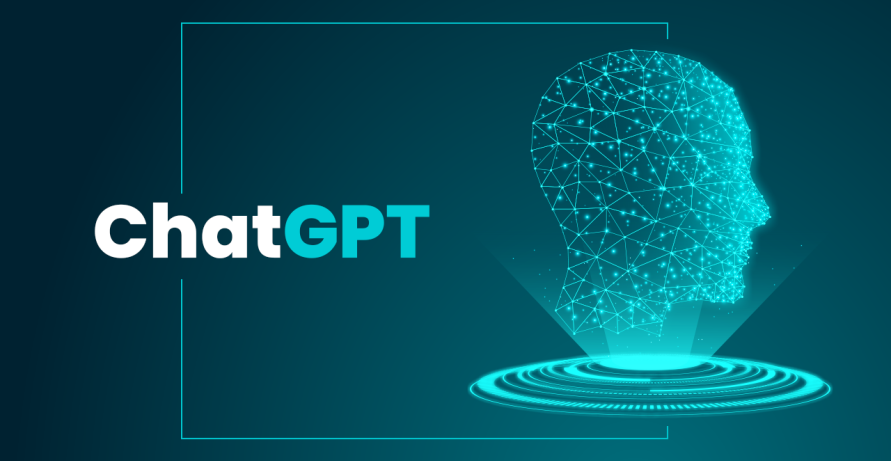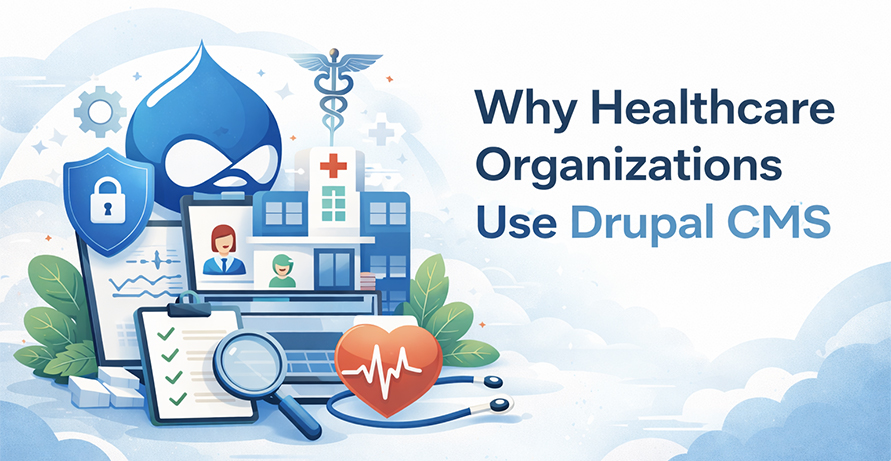Dark Side of AI - Negative effects of chat GPT

In recent years, artificial intelligence, like ChatGPT, has gotten much better. These smart computer programs have changed the world, but they also have some issues. Let's talk about a few of ChatGPT's problems in this article.
Spreading False Information:
One big problem is that ChatGPT might spread false information. Since it generates text based on its training data, it could accidentally give out wrong or misleading info. This spreading of incorrect stuff is a serious worry, especially in a society where false information is already a big issue.
Making Bias Worse:
AI models like ChatGPT can make existing social biases worse by learning from biased training data. This could lead to unfair reactions, making stereotypes stronger, and even causing harm or discrimination, especially when talking about sensitive topics.
Losing Touch with People:
Even though chatbots try to act like humans when they communicate, they lack real emotions and empathy. Relying too much on AI for communication could weaken the emotional bonds that are important in many human relationships. This might lead to a decrease in the quality of connections between people over time.
Losing Jobs:
AI systems like ChatGPT, which can do tasks automatically, might lead to job losses in certain industries. Jobs like data entry, customer support, and even creating content could be done by AI instead of people, which could leave humans without work.
Privacy Issues:
Sharing personal information is typical when using chat platforms like ChatGPT. This raises big privacy concerns, especially if the data isn't kept safe. There's always a risk that sensitive info could be misused or that there could be data breaches.
Decreased Critical Thinking:
Using AI to acquire knowledge might decrease the need for critical thinking. When users passively consume information from AI, it can lead to a lack of independent thought and intellectual stagnation. Instead of actively engaging with information and analyzing it critically, users may become dependent on AI for answers, which could hinder their ability to think critically and creatively.
Impact on Mental Well-being:
Depending heavily on AI for emotional support or companionship can harm one's mental well-being. Using AI to replace human interactions may lead to feelings of loneliness, anxiety, and sadness.
Depending Too Much on Technology:
Relying too much on artificial intelligence (AI) and chatbots for various tasks can create a dependency on technology. Depending heavily on AI systems may cause frustration and feelings of powerlessness when these systems fail or are unavailable.
Ethical Dilemmas:
The development and use of AI systems such as ChatGPT raise significant ethical questions. The moral implications of actions powered by AI and the responsibility of those who create AI are still subject to debate.
Potential for Security Threats:
ChatGPT and similar technologies could be exploited for malicious purposes. This includes creating convincing phishing emails, generating fake personas, and even producing deepfake content.
Conclusion
AI-driven chat platforms like ChatGPT offer innovation and convenience, but they also come with drawbacks. These technologies have complex effects on society, including spreading false information, displacing jobs, raising privacy concerns, and posing moral dilemmas. It's important to recognize these negative impacts and strive for responsible and ethical AI use as we integrate AI further into our lives.
View our Services








